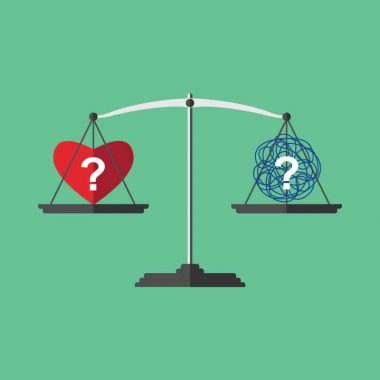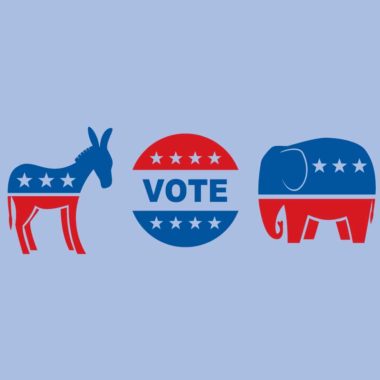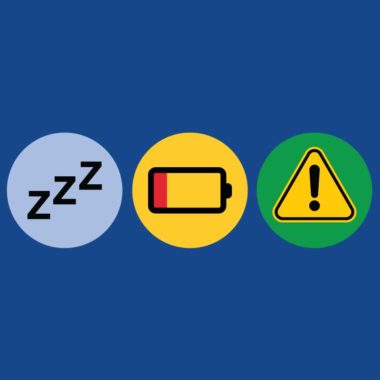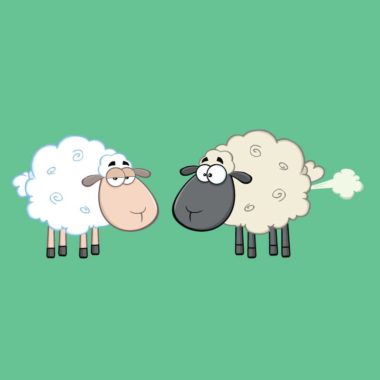Quarantine vs. Isolation: Is There A Difference?
by John Kelly, Senior Research Editor at Dictionary.com During public health emergencies, like the outbreak of the coronavirus, it’s essential to stay informed. But a lot of that information, when it’s not misleading, can be overwhelming and confusing—down to the very words we use to talk about a crisis. What’s COVID-19? Is that the same thing as coronavirus? Is the disease an epidemic or pandemic? …











